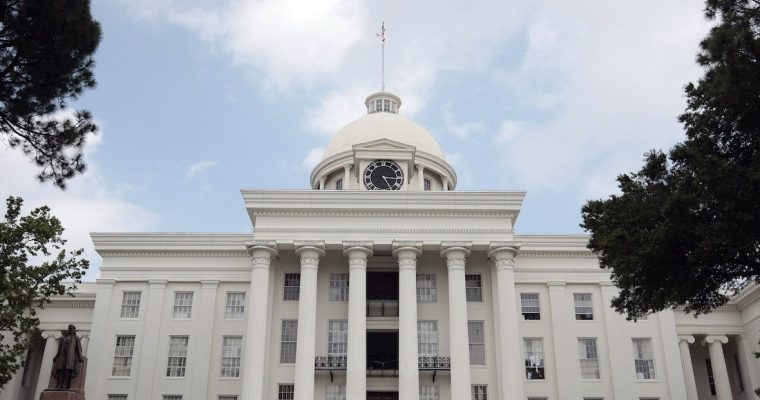Hope for Gambling Expansion in Alabama This Year Fizzles Out

The conclusion of Alabama’s legislative session on April 30 left a significant mark on the state’s ongoing debate over gaming legislation. Despite the Alabama House’s approval of two pivotal bills, House Bill 151 and House Bill 152, the journey toward gaming reform ultimately stalled in the Senate.
The approval of House bills 151 and 152 in the Alabama House marked a significant milestone in the state’s gaming reform efforts.
With substantial support evidenced by vote tallies of 72 to 29 and 70 to 29, respectively, these bills encompassed a broad spectrum of gaming activities, ranging from the establishment of a state education lottery to electronic games of chance and traditional paper bingo. However, their journey was cut short in the Senate, where they failed to progress due to a lack of sufficient affirmative votes.
Senator Greg Albritton’s pivotal stance in the Senate played a crucial role in shaping the fate of the gaming bills. Despite his sponsorship of the bills, Senator Albritton expressed his intention to vote against them had they succeeded in the House, ultimately tipping the balance and leaving the bills short of the necessary votes for passage.
Representative Russell Blackshear, the author of the House bills, emphasized the bipartisan cooperation evident in the House’s approval of the gaming legislation. However, this collaborative effort failed to translate into success in the Senate, highlighting the contrasting dynamics between the two chambers of the legislature.
The proposed gaming legislation outlined a comprehensive framework for bolstering education funding through the establishment of an Alabama educational lottery.
Additionally, it offered Alabamians the opportunity to participate in national lotteries, potentially enhancing revenue streams for both state and national coffers. The exclusion of provisions pertaining to sports betting underscored the unresolved complexities surrounding this contentious issue.
The proposed legislation was central to the establishment of the Alabama Gaming Commission, which would be tasked with overseeing approved forms of gambling and combating instances of illegal gambling within the state.
This regulatory body would have played a pivotal role in ensuring compliance with gaming laws and safeguarding the integrity of gaming operations statewide.
Governor Kay Ivey’s potential role in the implementation of the gaming framework was underscored by provisions mandating her involvement in negotiating a compact with the Poarch Band of Creek Indians. Yet, her announcement that she would not convene a special session to address gaming legislation signaled a potential setback for proponents of gaming expansion in Alabama, demonstrating the need for further deliberation and consensus-building.
- Other news categories:
- SlotsUp's news





